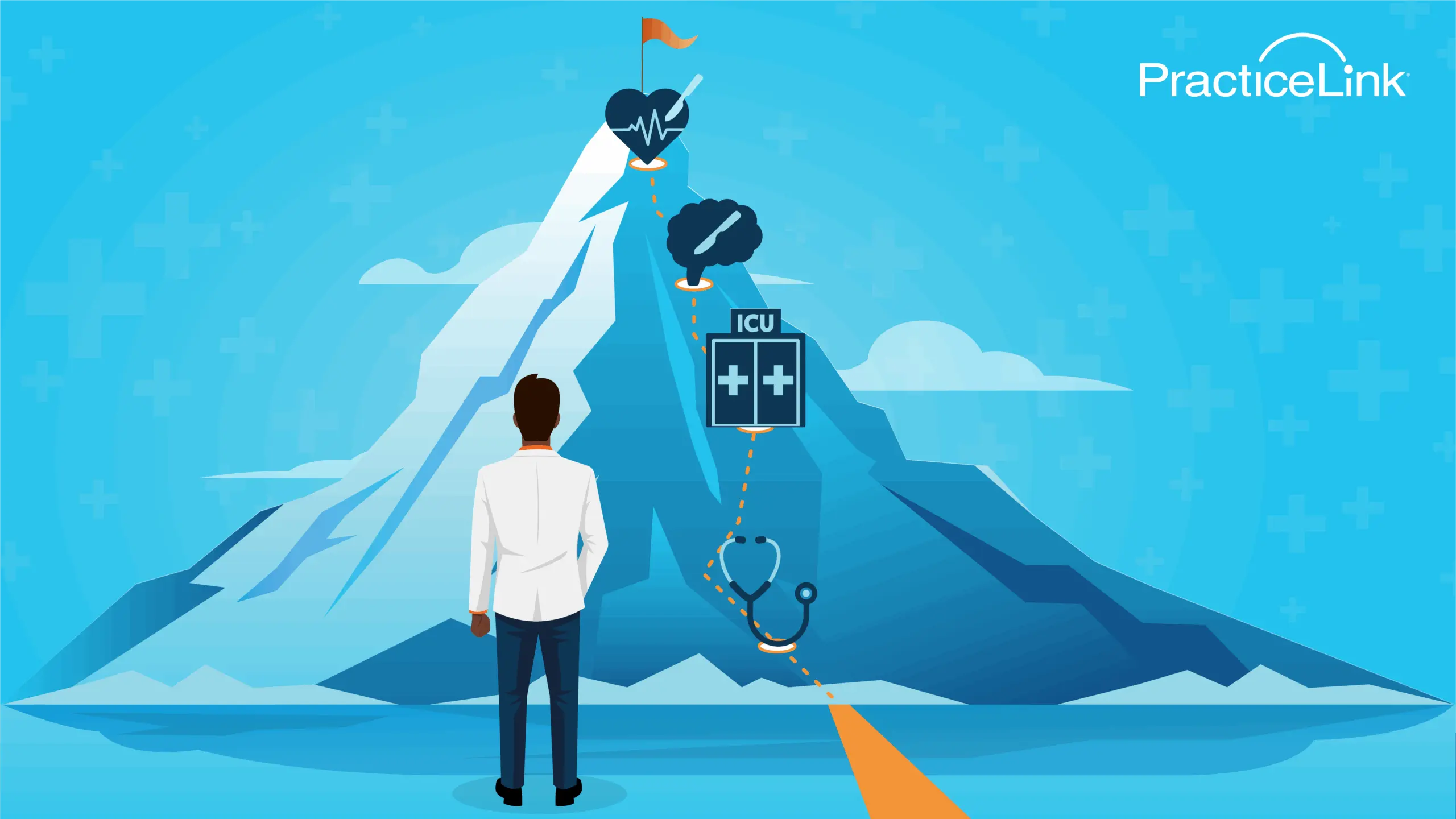
What is the hardest healthcare board exam?
For many healthcare professionals, understanding which exams are most challenging is an essential part of medical board prep. Knowing the difficulty level of exams can help candidates plan study strategies, manage time efficiently and set realistic expectations.
One area of particular interest is the hardest specialty medical board exams and knowing what is the hardest healthcare board exam, all of which often require extensive preparation, clinical knowledge and endurance.
What is the hardest medical test to take?
Are medical board exams hard? The answer is yes—most medical board exams are challenging due to the breadth of knowledge they require and the high stakes involved. These exams test not only clinical skills but also critical thinking, decision making and application of evidence-based medicine. The pressure of performing well on a timed, high-stakes exam can be intense, and candidates often spend months preparing to ensure they are fully ready. While difficulty varies by specialty, the consensus is board exams push candidates to their limits in both knowledge and endurance.
What is the hardest medical exam?
When considering the hardest medical exam in the world, several tests consistently top the list. Exams such as the USMLE Step 3, the MRCP (UK) and certain specialty boards in surgery or cardiology are widely regarded as extremely challenging. Factors that contribute to their difficulty include the complexity of clinical scenarios, the need for rapid problem solving and the requirement to integrate multiple areas of medicine.
Preparing for these exams often involves extensive review of textbooks, question banks, practice exams and simulation exercises to replicate real-life clinical decision making. The sheer volume of material and the high expectations for accuracy make these exams some of the most difficult assessments in the medical field.
What is the most difficult medical license exam?
Another common question is: What is the hardest healthcare board exam? While the answer can vary depending on individual experience and specialty, many consider exams like the ABIM certification for internal medicine, ABOS for orthopedic surgery and certain subspecialty exams in anesthesiology or neurosurgery among the toughest. The difficulty stems from the combination of memorization, applied knowledge and critical thinking required to pass. Many candidates use a mix of study guides, question banks and practice simulations to reinforce concepts and improve test-taking stamina. Understanding the structure and focus areas of these exams can give candidates a strategic advantage in preparation.
Which medical board is the hardest?
For those curious about the hardest specialty medical board exams, surgical specialties, cardiology and critical care boards frequently rank at the top. These exams not only assess medical knowledge but also evaluate decision making under pressure, procedural understanding and the ability to synthesize complex information quickly. High failure rates in certain specialties reflect the rigor and intensity of these assessments.
Candidates preparing for these boards benefit from structured study plans, mentorship and extensive practice using simulated clinical scenarios to gain confidence and improve performance. Recognizing which boards are most challenging allows candidates to allocate their preparation time effectively and focus on high-yield areas of study.
Understanding the most difficult medical exams and specialty boards is essential for effective preparation and long-term career planning. From general medical board exams to the toughest specialty certifications, these tests demand extensive knowledge, clinical reasoning and dedication. By using high-quality resources, including question banks, study guides and simulation tools, candidates can improve their chances of success and approach these exams with confidence.
If you’re looking to take your exam preparation to the next level, explore our full range of resources and access expert guidance to help you navigate even the hardest specialty medical board exams with confidence by visiting the PracticeLink Resource Center.

